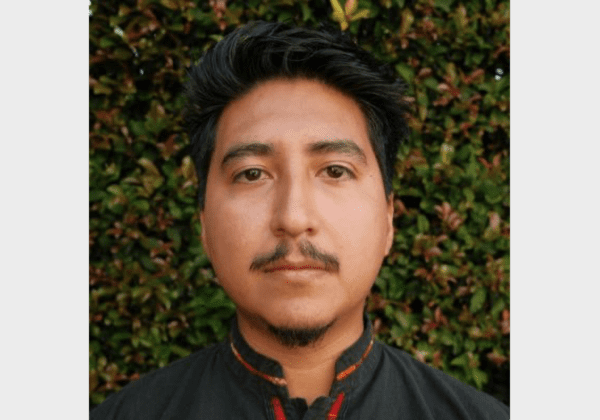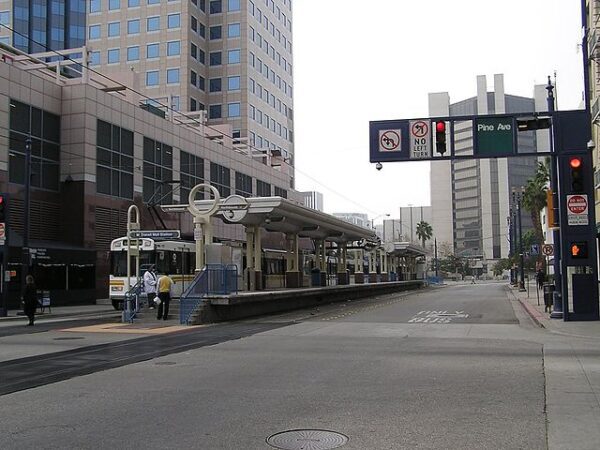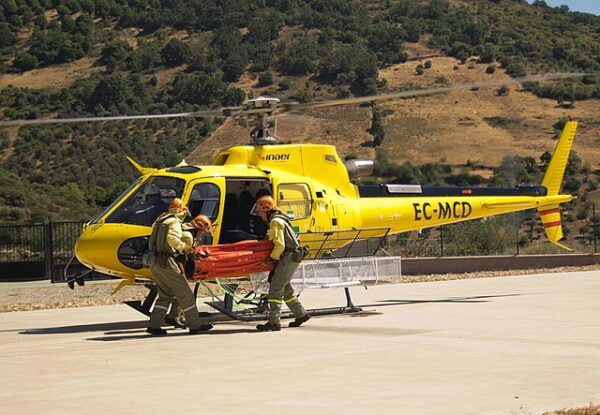A reporter Tuesday filed a motion to dismiss a lawsuit filed by the city of Los Angeles seeking to stop him from publishing information about Los Angeles police officers that the city turned over to him six months ago.
Ben Camacho, a reporter for Knock LA, brought the motion in Los Angeles Superior Court.
“The city of Los Angeles’ lawsuit is a thinly veiled attempt to silence Mr. Camacho and other journalists who report on law enforcement,” said Dan Stormer, a lawyer representing Camacho. “The real motives behind this lawsuit are to shield the Los Angeles Police Department from any measure of accountability and transparency.”
Last September, the city gave Camacho the official photographs, names and serial numbers for more than 9,000 Los Angeles Police Department officers to settle his California Public Records Act lawsuit and also presented him a letter saying that the records did not include any officers working undercover, according to the motion.
“Similar to other CPRA requests I’ve made in the past, I requested these records to advance my work, including documentary filmmaking and investigations into policing in Los Angeles,” Camacho said. “Access to police records brings transparency and awareness to the otherwise secret inner workings of the LAPD, an organization that receives billions of dollars from the public.”
Last month, the Los Angeles Times published an article reporting that Camacho obtained the photographs and that they were published online by the Stop LAPD Spying Coalition. The city then filed the lawsuit against Camacho, which he alleges was done to suppress his First Amendment rights and curtail the public’s access to public records.
The motion asks a judge to toss out the city’s suit under the state’s anti-SLAPP — Strategic Lawsuit Against Public Participation — law, which is intended to prevent people from using courts, and potential threats of a lawsuit, to intimidate those who are exercising their First Amendment rights.
Knock LA describes itself as a nonprofit community journalism project, originally conceived by the grassroots community organizing group Ground Game LA.







